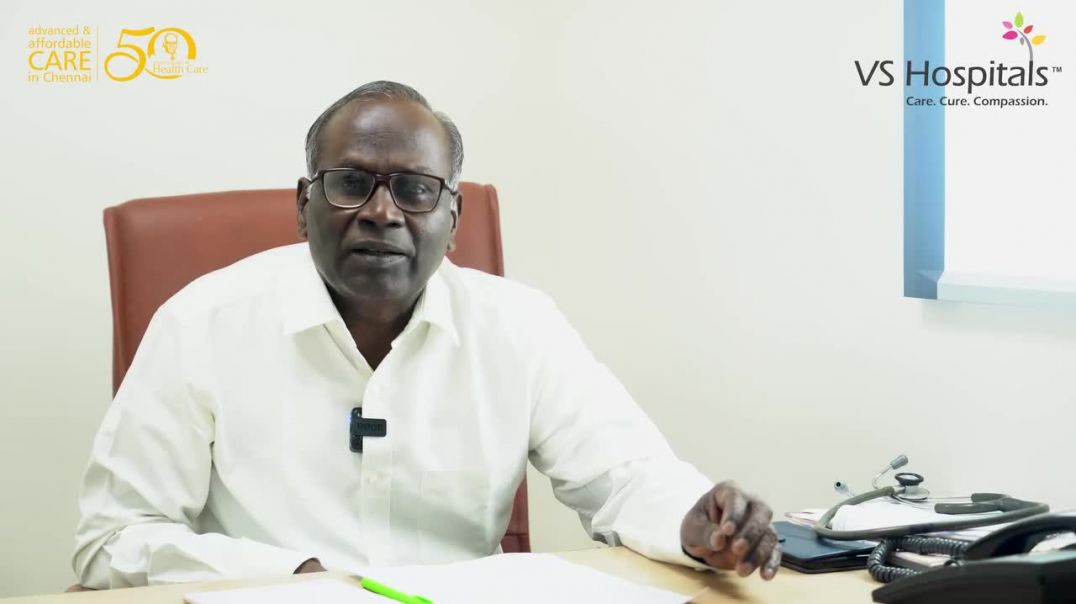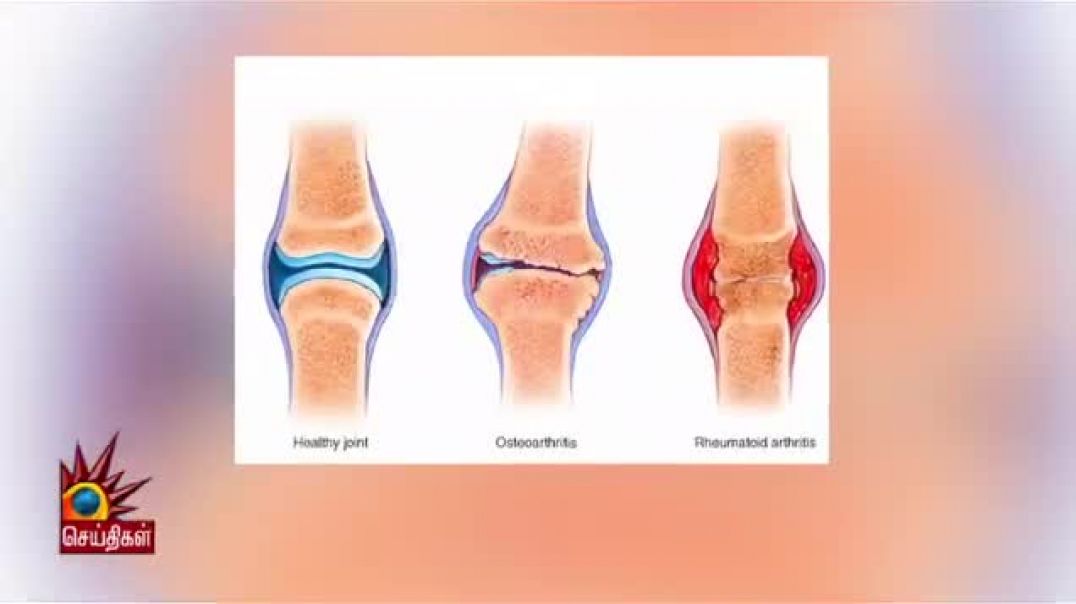Craniopharyngioma Current Evidence for Surgery Medical and Radiation Therapies
Learning Objectives:
Objective 1: At the end of this webinar, participants should understand the role of surgery in management of Craniopharyngioma, including indications, limitations and risks.
Objective 2: At the end of this webinar, participants should understand the role of radiation in management of Craniopharyngioma, including indications, limitations and risks.
Objective 3: At the end of this webinar, participants should understand the role of medical management of endocrine disorders associated with Craniopharyngioma.
Presenter Bio:
Dr. Zachary Litvack is Co-Chair of Neurosurgery and Director of Skull Base and Endoscopic Neurosurgery at the Swedish Neuroscience Institute in Seattle, WA. He completed his both his Bachelor of Science in Bioorganic Chemistry/Molecular Biology and Medical Degrees at Brown University. Dr. Litvack then moved to Portland, OR to attend Oregon Health & Science University where he completed an Internship in General Surgery, Residency in Neurosurgery, and a Master’s Degree in Clinical Research from the NIH Supported Oregon Clinical & Translational Research Institute. Following his General Neurosurgery training, he spent an additional year in Pituitary Surgery and Neuro-Endocrinology under the direction of Dr. Edward Laws in Boston, MA. Dr. Litvack has performed over 300 pituitary operations, and participated in over 600 endoscopic endonasal operations in his career. He has been an invited presenter on endoscopic skull base surgery at multiple universities, hospitals and international conferences. At Swedish, he trains one neurosurgical fellow each year in Skull Base and Minimally Invasive Cranial Surgery (including pituitary surgery).























SORT BY-
सबसे ऊपर की टिप्पणी
-
नवीनतम टिप्पणियां